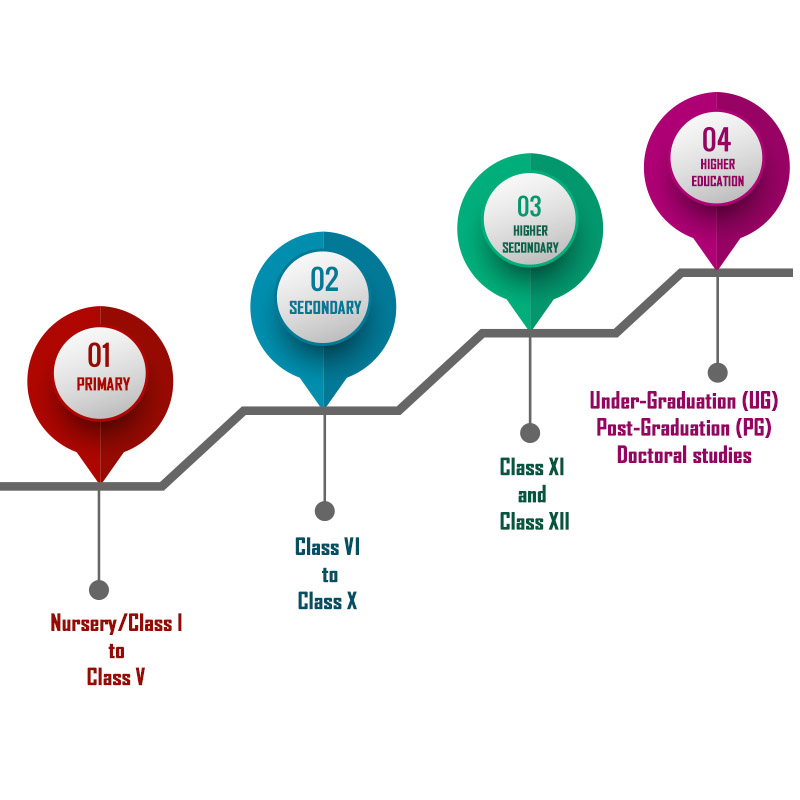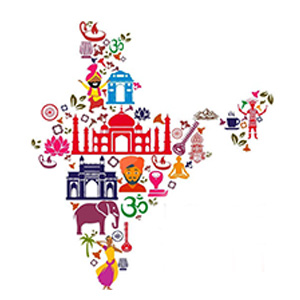
Why Study in INDIA
India “Educates”
Nothing could be more compelling a reason to choose a study destination. India doesn’t limit herself as an overseas study destination. It rather creates a perfect platform for the seekers of education beyond the traditional and formal boundaries of institutional studies.
INDIA today has the admiring third largest network of higher education network of the world. Currently, India draws students from over 166 countries.
India has a respectable position at 26th rank in the QS Higher Education System Strength Rankings and is way ahead of many of its BRICS and some Asian counterparts.
Most of these students prefer India as their study destination as they feel they get the value for the money spent on education.
Overview
The history of institutionalised education in India dates back to as early as the third century AD. Home to the world renowned temples of learning like Puspagiri, Nalanda, Takshashila (now in Pakistan) and Vikramshila, India has the natural inclination to impart quality education.
With the changing times the institutes in India too have changed to keep up with the global demands. Alumni of not only the mostly known iconic institutes of India like IITs and IIMs but also many new age institutes are leading from the front in different parts of the world.
Why Join An Indian Institute? | Indian Education System | FAQs
Few more reasons why one should join an Indian institute to study
Indian Education System
INDIA today has the admiring third largest network of higher education network of the world.
4 Stages of Indian Education
1. Primary: It ranges from Nursery or Class I to Class V – 5 to 7 or 8 years. Depends on the school whether it starts from Pre Nursery, Nursery (then Kindergarten or KG) or straightway Class I.
2. Secondary: It ranges between Class VI to Class X – next 5 years.
3. Higher Secondary: It comprises of Class XI and Class XII – 2 years in total.
4. Higher Studies: A permutation and combination of Under-Graduation (UG), Post-Graduation (PG) and Doctoral studies could vary between 3 to 10 years. It depends on the discipline and combination of study levels.

Higher Studies

Universities in India are set up by central government, state governments and private bodies or trusts by the means of legislation. Colleges are established either by the state governments or private bodies/trusts. All the colleges are affiliated to various universities.
Medium of Instructions: English is the principal language used by all the institutes in case of higher education.
School Studies

Schools in India are broadly governed by 5 categories of boards.
1. CBSE – Central Board of Secondary Education
2. CISCE – Council for the Indian School Certificate examination popularly referred as ICSE
3. IB – International Baccalaureate
4. IGCSE – Cambridge Curriculum
5. State Boards
Medium of Instructions: Other than state board schools, English is the principal language used by all the institutes in case of school education. Most of the state board schools use vernacular languages as their medium of studies.










